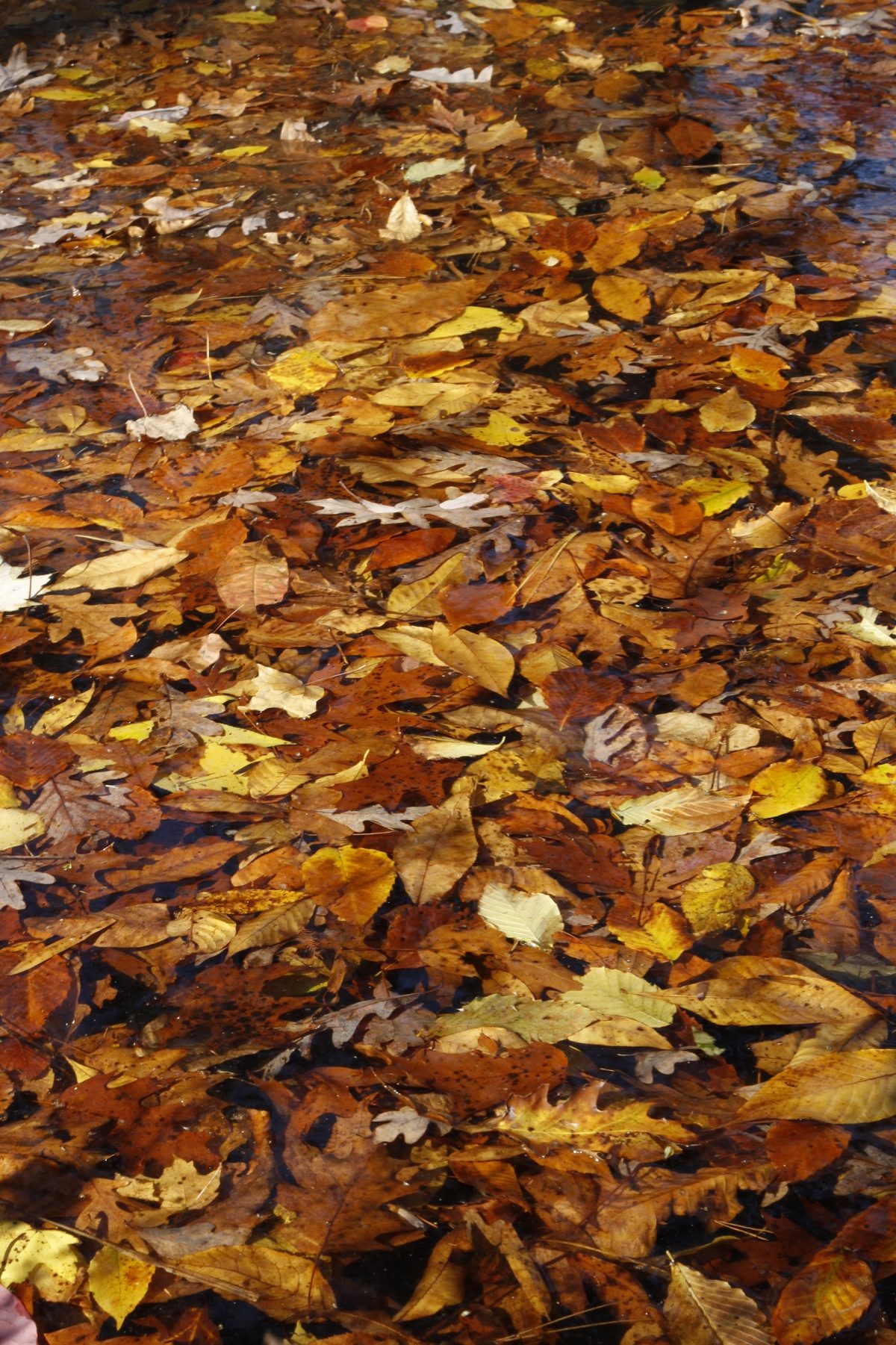I sit exposed to the sun. The muscles of my neck and shoulders relax as gravity gently nudges my bones closer to the earth and my body settles with a few faint pops. I know I’m not moving, but with my eyes closed I feel as if I’m very slowly sinking and I feel a warmth embrace me. The warmth is temperature-related, yet the comfort is deeper and difficult to express but includes feelings of safety, acceptance and even belonging. This kinship extends to the countless organisms surrounding me. I’m sympathetic to the plants and insects that are nearing dormancy or death, for they are also absorbing the dwindling energy of the late fall sun. All life on earth shares this intimate relationship with the sun and we are content with this connection. The living earth, composed of its wonderfully diverse organisms cannot exist without the nurturing power from its heliocentric wellspring. When the sun no longer shines, all life on earth will end. But we do not fear an extinguishing sun, we know instinctively that every day of our lives it will rise and set and we shall circle it annually. All concepts of time and season are derived from these cycles.
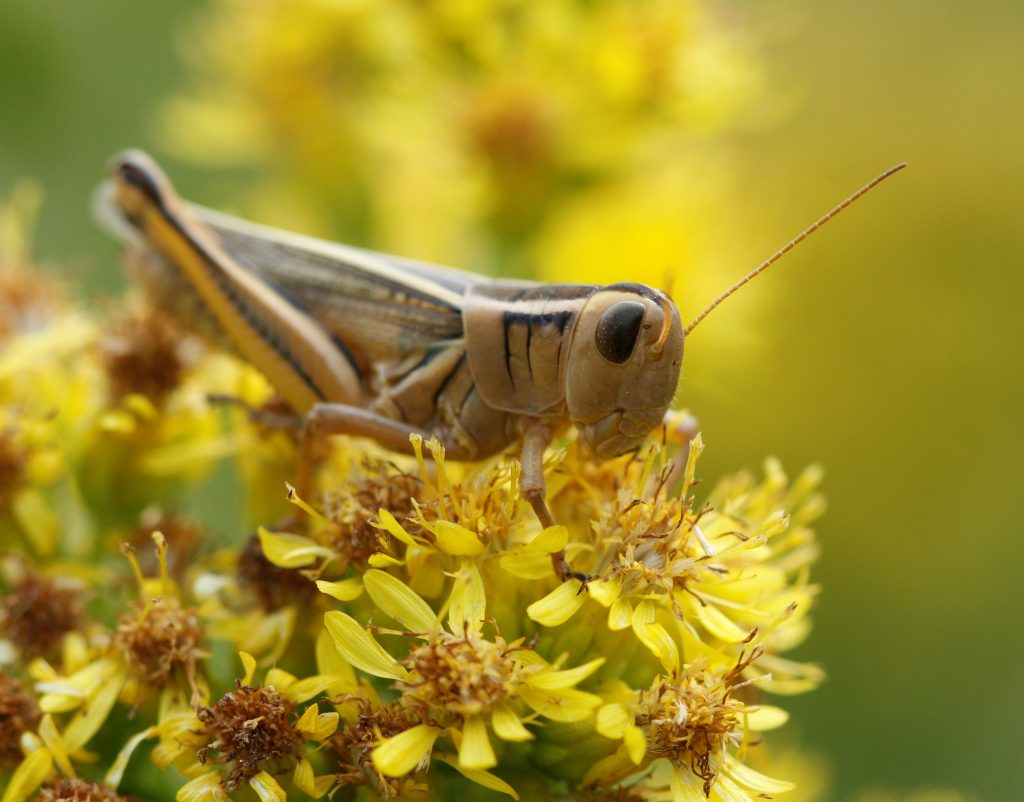
Humans have discovered some helpful things in exploring the sunlit world. Among them is the benefit of Vitamin D, a nutrient crucial for bone, brain and immune health. Consuming sufficient Vitamin D from food alone is nearly an impossible endeavor as it’s fairly scarce in the human diet. However, Vitamin D is efficiently synthesized from cholesterol within our skin in the presence of sunlight. Minutes a day of direct sunlight produces a daily allowance with the surplus vitamin being stored in fat cells and available for a rainy day.
Some lesser known benefits of sunlight include:
- The brain’s release of serotonin, a hormone directly responsible for mood.
- An increase in the composition of carotenoid producing skin bacteria. Carotenoids act as antioxidants for the skin protecting it from UV light exposure.
- Reducing the risk of several forms of cancer including of the pancreas, colon and ovaries.
Those able to see the larger picture don’t need to rely on science to confirm the nurturing power of the sun. Humans, as with all life, are derived from the earth and have evolved over many millennia the mechanisms to utilize the sun’s vast power.
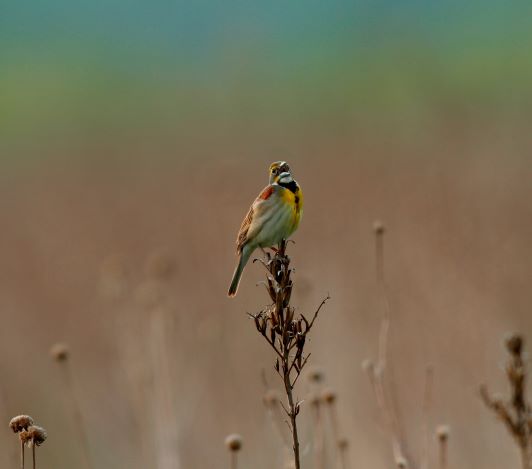
Unfortunately, many haven’t grasped the relationship between sun and health. In recent times fear and misunderstanding have eroded this comprehension. The source of this fear stems from the relationship between solar radiation and skin cancer. Excessive UV radiation can and will damage the DNA of skin cells leading to uncontrolled division and growth. How then do we make sense of the paradox of sunlight being both necessary for human health and also cancer forming?
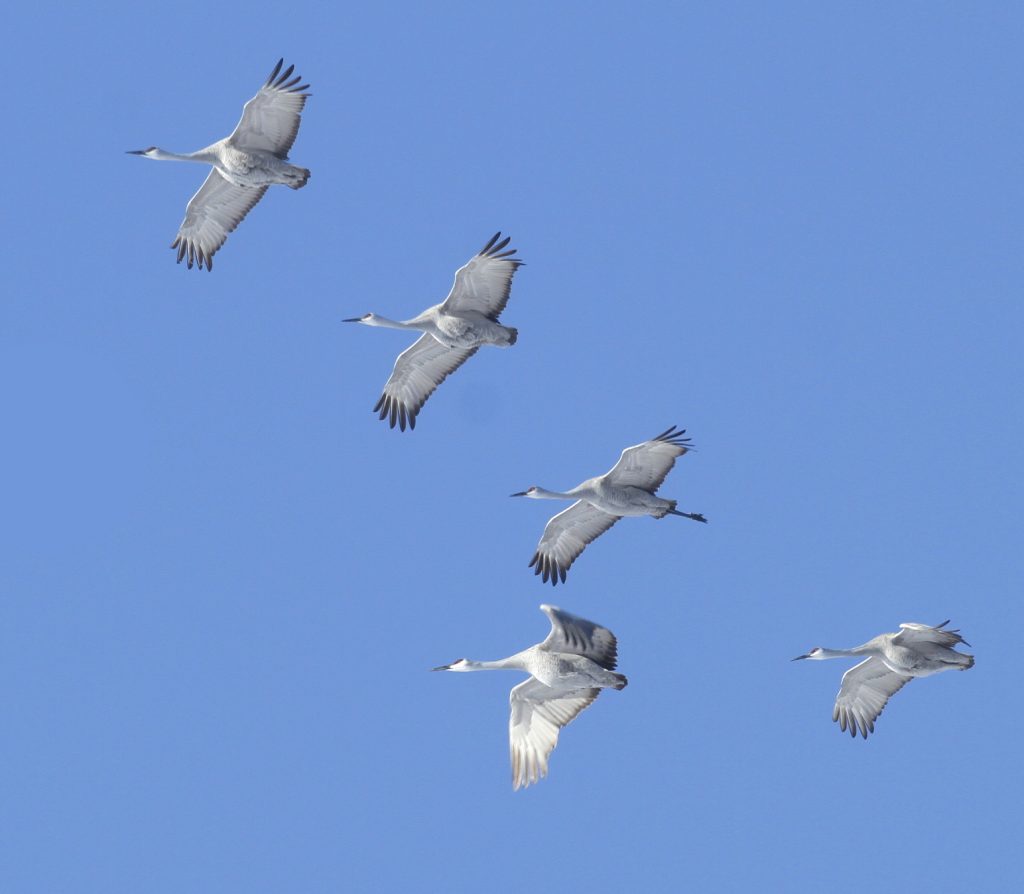
An observer of nature should not be surprised by phenomena that are beneficial but also dangerous. An easily observed example of such a paradox is a substance that humans rely on to live, but is also largely responsible for aging, degradation and finally our deaths. Do you know what it is? Oxygen: Essential for respiration, energy production and the continuation of life, but which is also corrosive and forms free radicals. Free radicals inevitably deteriorate our bodies and ultimately cause our demise. It’s truly amazing that we have evolved mechanisms to utilize a substance so reactive and dangerous. We know that a wood-burning stove in winter offers life-giving warmth, but shouldn’t be hugged. So too the sun, in all its glorious power, should be embraced and revered but not indulged to the point of becoming charred.
As I sit in the late October sun, with my skin still golden from a summer of exposure, its burning rays are of no threat to me. In the late fall, even at its zenith, in Wisconsin the sun’s intensity is greatly reduced as it sits low on the horizon. However, just a couple of months previous, I would have needed to seek shelter in the shade of the forest or wear protective clothing at midday. That’s not to say I avoid the sun in summer. On the contrary, as I have made it part of my daily ritual, I just make sure that I keep my exposure to the early morning and late afternoon. Fortunately, if we are mindful, our bodies alert us to when the sun’s rays are becoming too intense and dangerous. Sunburn is the penalty for not paying attention to these cues. 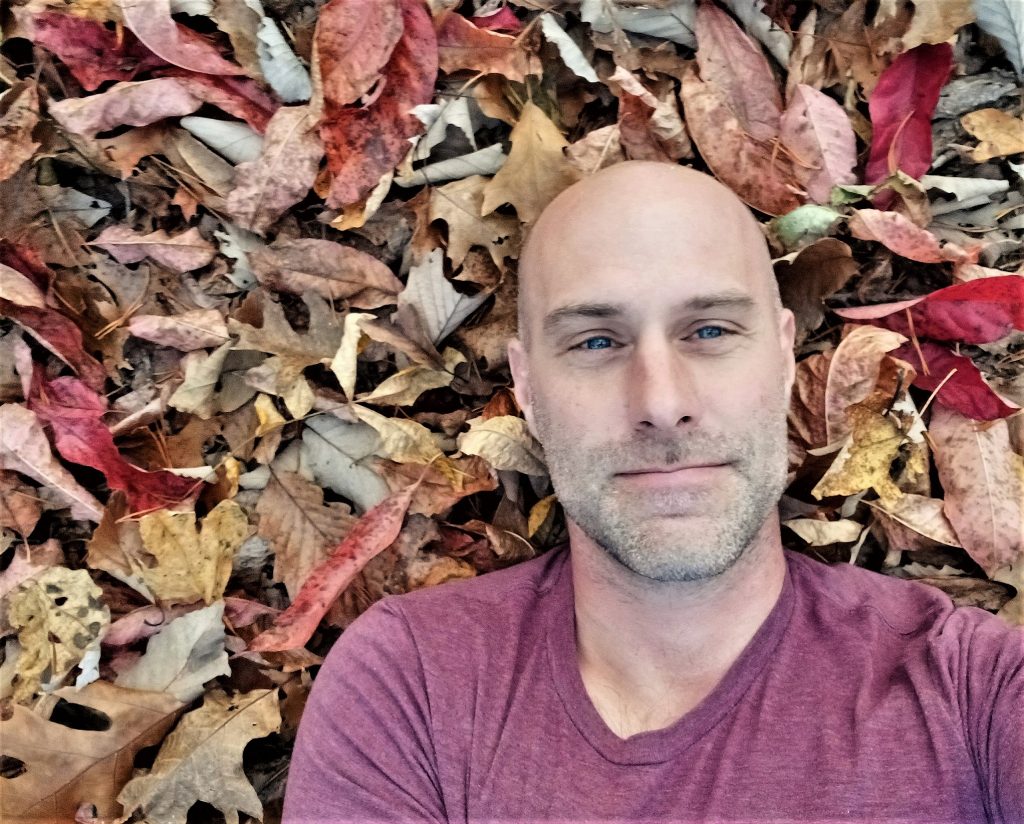
As a personal choice, I do not use sunscreen for protection. Recently a stranger approached me while I was lost in thought, facing the sun at a public gathering. He commented that he hoped I was wearing sunscreen. When I told him I was not, he chastised me, informing me that his relative was a dermatologist and that if I knew how bad the sun was for me, I wouldn’t be so cavalier. I smiled at him and continued my meditation. But I thought about his words and the fear they reflected. I became curious if indeed sunscreen was having a noticeable effect within the population at reducing cancer incidence. I looked on the internet to see if there appeared to be a connection between the rate of skin cancer and use of sunscreen. In theory, the increased use of sunscreen and the common knowledge that lots of sun can be harmful, would result in a decrease in occurrence of skin cancer. I looked at global revenue from sunscreen sales and I found that from the late seventies, when sunscreen started to become mainstream, until present there has been a steady and significant increase in sales. Then I looked at statistics provided from the National Cancer Institute and found something unexpected. From 1975 to 2020 there has been a steady increase in the rate of skin cancers, with over a 200% increase in melanoma!
Is there a connection between skin cancer and sunscreen use?
It is clear to me that the use of sunscreen as well as sun avoidance are not accomplishing the intended goal. Now I hear your objections reminding me that one must be incredibly cautious not to confuse causation and correlation. You have a valid case. I concede that it is inappropriate to make such a jump from sunscreen to cancer, but I will remind you that it is equally unscientific to view a problem with too focused a perspective and be unable to see a broader picture.
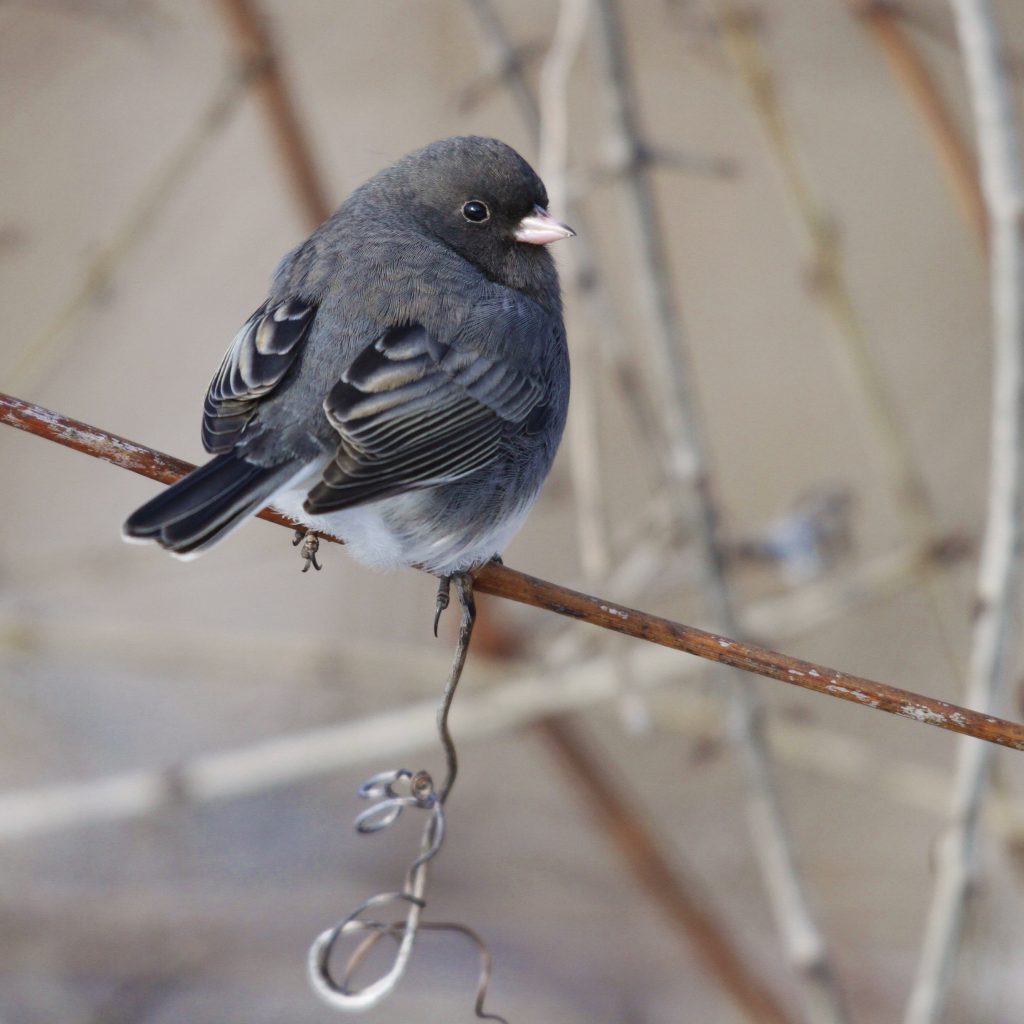
There are other explanations for this rise in cancer besides an increase in UV radiation exposure or insufficient protection (sunblock). As a carpenter approaches a problem with wood and nails, and a physician with drugs or salves, so does a naturalist use the tools of the trade, i.e., observation and contemplation, to generate ideas. And as any naturalist can attest, a common theme regarding life and the human body, environmental stresses lead to adaptations that better equip an organism to successfully cope with that stress.
How does this apply to sun exposure?
We humans, being a product of the earth, have evolved natural mechanisms for combating the harmful effects of the sun. Several of these mechanisms have been identified by science. For example, the high carotenoid-producing bacterial content of sun-exposed skin as previously mentioned. Another is the darkening of the skin that occurs with increased production of the pigment melanin. Melanin functions as a broadband UV absorbent and has antioxidant and free radical-scavenging properties. Perhaps a fear of the sun and use of sunscreen is preventing these adaptations and unintentionally reducing natural protection from UV rays. Perhaps too, some of these natural adaptations occur at a young age which might explain why the majority of new skin cancer cases are in the youth. Could our best intentions as parents be harming our children? Whether sunscreen is to blame for causing more harm than good is not the intention of my argument but I do believe that more questions should be asked regarding the potentially detrimental effects of sun avoidance.
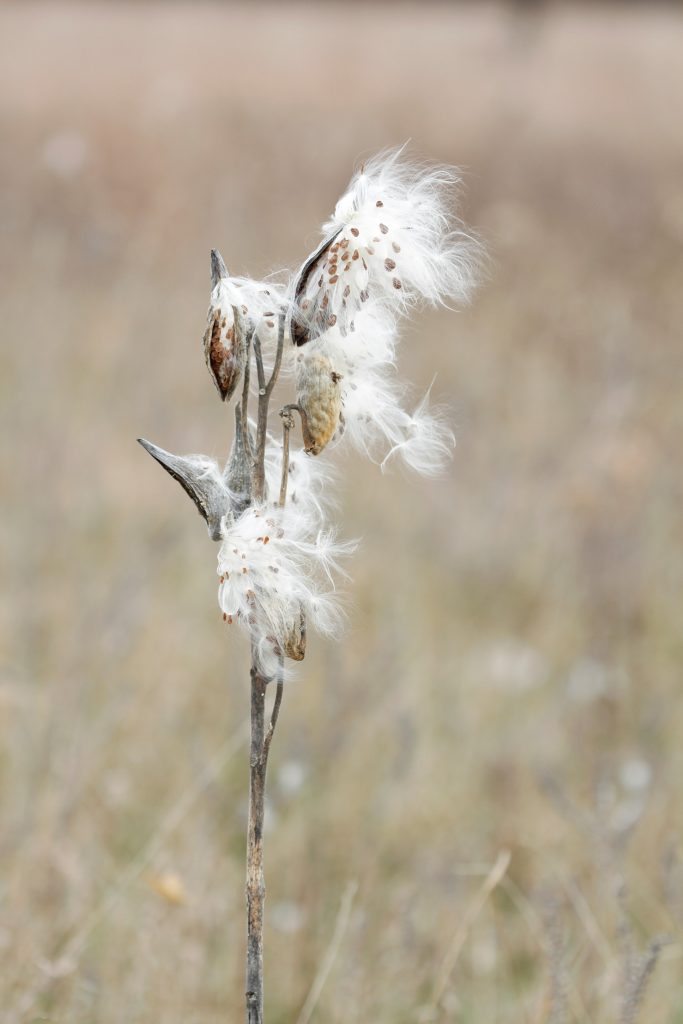
I will conclude with something I am certain of: The earth and it’s star are necessary for every human’s health. The more eroded this understanding becomes, and the further removed we are from nature, the sicker we become as individuals and as a species. Get outside and receive the gift of the late fall sun with reverence. It will nourish your body and soul.
I might suggest you try this as a personal experiment: When the sun is out, put yourself directly in its warming rays. At a minimum, expose your face, or any other body parts you can bare without fear of frostbite. With closed eyes sit, stand or lay and relax your body and open your awareness to your inner feelings. One could look at the experience as an opportunity to recharge yourself, like plugging in a phone. But the charge is inspiration, with low-current trickles of health and joy. Pay attention to changes in your mood, feelings and thoughts. In my own experience, it can be as abrupt and as powerful as flipping a switch. I have left an indoor environment where my energy was low, spirit deflated, body tight and stressed and then when I commune with the sun, a nearly instant shift occurs. The tenseness in my body subsides, my debilitating and consuming thoughts drift away and I’m left with feelings of joy and possibility. I haven’t had this experience just once or twice but time and time again. Furthermore, I have used these insights of mindfulness to evaluate some of my other behaviors.
For example, on more occasions than I like to admit, I have been lured into and fallen victim to reading the confrontational controversy found on social media. If I’m mindful of this behavior, I’m left feeling drained, cynical, angry and depressed. It’s not always easy for me to have the discipline to refrain from reading unkind comments. But, the more mindful I become of its negative effects, the easier it becomes to not engage. To any creative readers that are looking for both altruistic and lucrative endeavors, you might want to consider a patent for a cream or bottled formula to protect from the extremely harmful effects of internet vitriol.
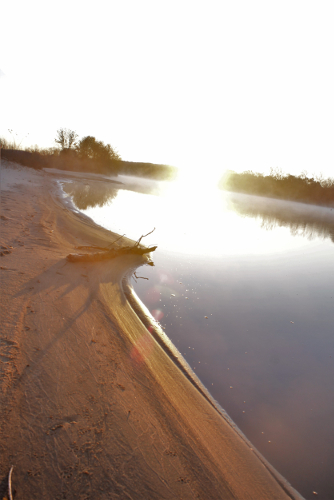
Thank you for reading my treatise on the joys and positive effects of proper exposure to our sun. If you have generated any thoughts I implore you to share. Nothing would make me happier or more honored than if a healthy discussion ensued from my post. If you disagree with my opinions then I definitely want to hear yours as I know you have much to teach me. However, I ask that all communication be in the spirit of friendship and respect.
